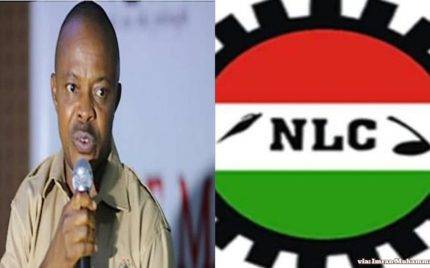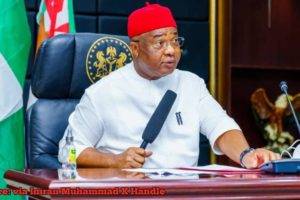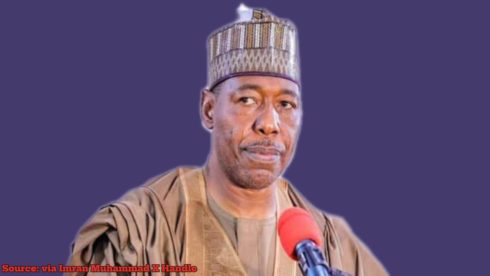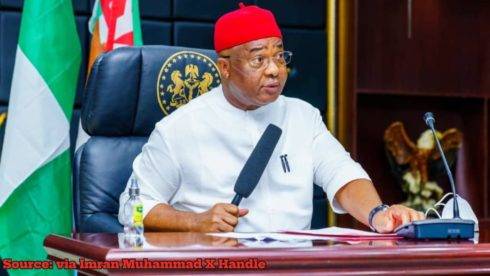Borno State Governor, Babagana Zulum, has committed N20 billion for the immediate reconstruction of infrastructure severely impacted by recent floods in the state. This decisive action follows the widespread destruction of critical facilities, including homes, roads, schools, and hospitals. Babagana Zulum emphasized the importance of rapid restoration to prevent further disruption to essential services and ensure that affected communities can resume their normal lives as quickly as possible.
The N20 billion, sourced from both state and federal government reserves, will be directed toward rebuilding key infrastructure such as bridges, roads, and public utilities that were washed away or significantly damaged by the deluge. Governor Babagana Zulum highlighted that the funds would be utilized for both short-term relief efforts and long-term rehabilitation to prevent future damage and enhance the state’s disaster resilience.
Key Projects Targeted in Reconstruction Plan
The reconstruction plan prioritizes restoring transportation links and public infrastructure in flood-affected areas, which bore the brunt of the recent disaster. Governor Babagana Zulum identified the repair of roads and bridges as critical, particularly in communities that were completely cut off from essential services like healthcare and education. The governor noted that reconnecting these regions would facilitate access to medical care, schools, and markets, vital for both recovery and daily life.
In addition to roads, the reconstruction plan includes the rehabilitation of educational and healthcare facilities that were rendered unusable by the floods. Engineers and local contractors have already been mobilized to expedite the rebuilding process. The government’s focus is on ensuring that communities can regain access to these essential services without delay, with schools being prioritized ahead of the upcoming academic term.
Emergency Response Teams Deployed to Aid Recovery
To complement the reconstruction efforts, Governor Babagana Zulum has deployed emergency response teams to provide immediate relief to flood-hit communities. These teams, which include disaster management experts, engineers, and healthcare professionals, are working on the ground to assess the extent of the damage and offer urgent assistance. Their presence ensures that those who have been displaced or affected by the floods receive food, water, temporary shelter, and medical services.
The governor underscored the importance of a coordinated response, with the teams conducting comprehensive damage assessments that will guide future reconstruction projects. This data-driven approach ensures that resources are allocated efficiently, allowing the state to prioritize areas where the damage is most severe and where rebuilding efforts are needed most urgently.
Collaboration with Federal Government and International Partners
Governor Babagana Zulum is working closely with both the Federal Government of Nigeria and international organizations to strengthen the post-flood recovery efforts. Federal agencies have already provided financial aid and technical expertise to assist in the reconstruction process. Babagana Zulum further revealed ongoing discussions with global organizations such as the World Bank and the United Nations Development Programme (UNDP) to secure additional funding and support for the rehabilitation work.
This multi-tiered collaboration is not just focused on immediate recovery but also on long-term solutions. By partnering with international bodies, Borno State aims to build infrastructure that is more resilient to future flooding and other natural disasters. Governor Babagana Zulum stressed the importance of adopting sustainable construction practices that will help safeguard the state’s infrastructure against future climate-related risks.
Community Involvement in the Reconstruction Process
Governor Babagana Zulum has called for active community participation in the reconstruction process to ensure that local needs are adequately addressed. The state government is organizing town hall meetings in flood-affected areas, allowing residents to voice their concerns and contribute ideas for the reconstruction. By engaging the community, the government aims to build infrastructure that reflects the specific needs and conditions of each locality.
Babagana Zulum also urged community leaders and residents to cooperate with government officials and contractors during the rebuilding phase. This cooperation is essential for timely completion and quality assurance of the projects. The governor noted that community involvement would not only expedite the reconstruction but also foster a sense of ownership and responsibility for the new infrastructure, ensuring its sustainability in the long run.
Long-Term Flood Mitigation Strategies Announced
In addition to the immediate reconstruction efforts, Governor Babagana Zulum has announced long-term strategies to mitigate future flood risks. These strategies include the construction of drainage systems, improved flood forecasting, and the enforcement of flood-resistant building codes. Recognizing that Borno State is vulnerable to seasonal flooding, the governor emphasized the need for proactive measures to safeguard lives and property from recurring flood disasters.
Furthermore, the government is intensifying environmental protection efforts to address deforestation and soil erosion, two factors that exacerbate the impact of flooding in the region. Public awareness campaigns on flood preparedness and disaster response are also being rolled out, ensuring that communities are better equipped to handle future emergencies. Governor Babagana Zulum expressed his commitment to not only rebuilding but also creating a more resilient Borno State.
Table of Contents
Discover more from OGM News NG
Subscribe to get the latest posts sent to your email.












